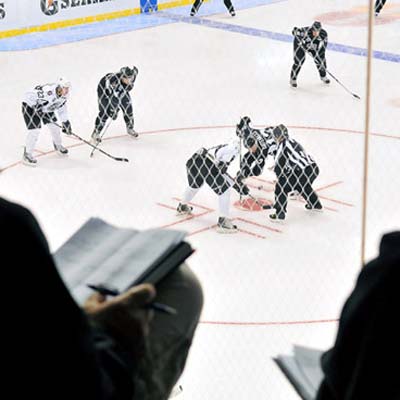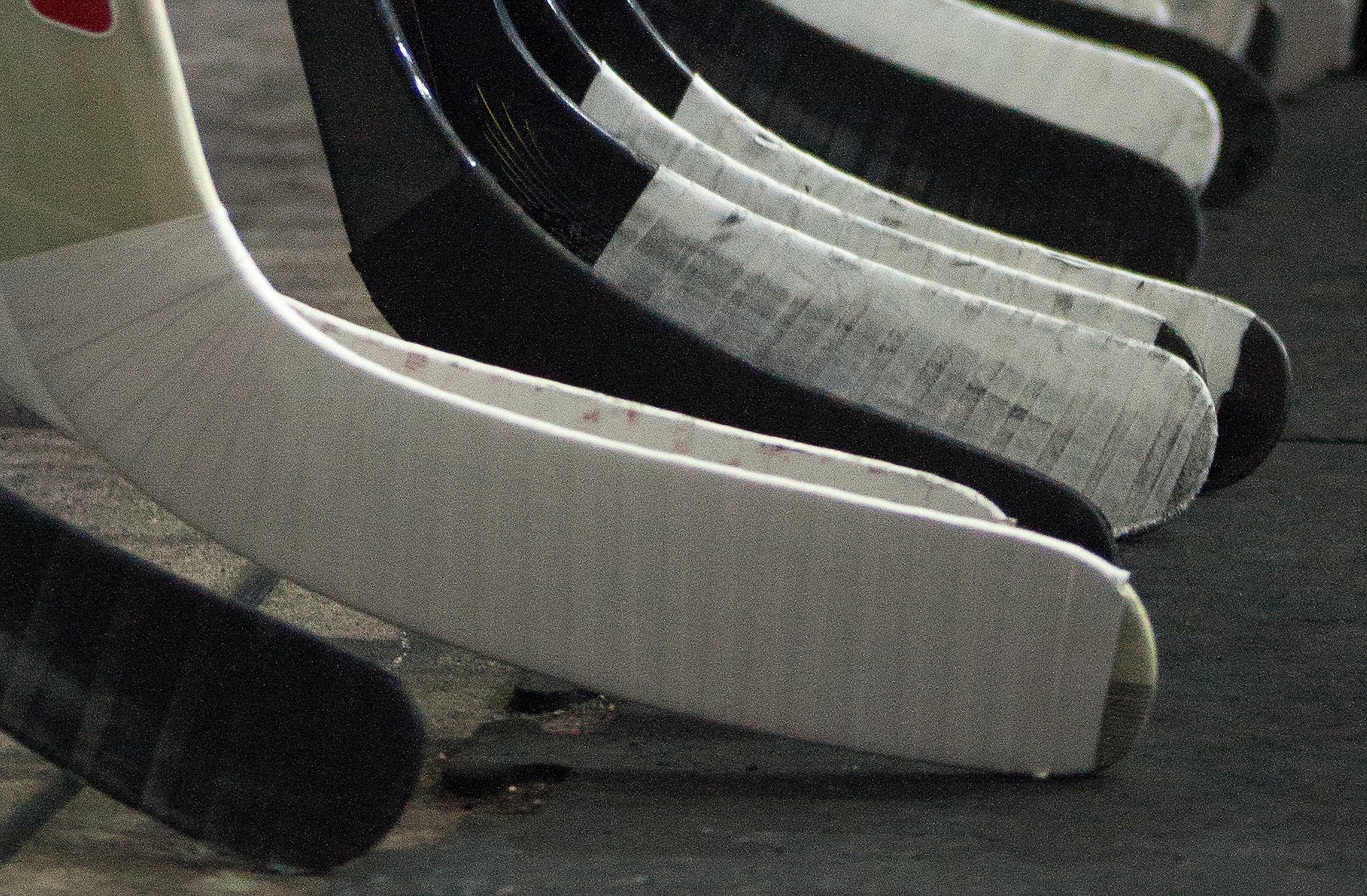A couple weeks ago I made available some work we did on the NHL shootout regarding whether there is an advantage to going first or second in the shootout. This is a postscript to that post.Our analysis found that there was not an advantage to going first. This prompted some interest and some queries. Based on these, I’ve done some additional analysis and I want to share those.
First, Bruce McCurdy of the Edmonton Journal wanted to know about whether there was a difference if the shootout went longer than 4 shots rather than the 6 shots that we considered in the original. Going first wins 62 of 132 shootouts that were four or less (46.9%). Going first wins 501 of 1006 shootouts whose length was 5 or more (49.8%). That difference is not statistically significant or practically significant for that matter.
The second and more difficult query to address came from Mike McKenna who is a goalie for the Peoria Rivermen, the AHL affiliate of the St. Louis Blues. He’s also a St. Lawrence University graduate in economics. Mike wanted to know if there was an effect of scoring first. This was a harder task and took some time for me to get my head around. Clearly scoring first provides an advantage in and of itself since you are scoring and that provides a benefit. The question ultimately rests on whether scoring first improves your chances relative to what we would expect by chance alone. From the data 921 of 1138 or 80.9% of shootouts have been won by the team that scores first.
To answer that question requires some work. There has been some analysis of scoring first in the NHL. JLikens at Objective NHL wrote on scoring first in the NHL during regulation and overtime based upon Alan Ryder’s work. There is some really nice analysis there. There was also a recent article in the Journal of Quantitative Analysis in Sports (JQAS), Responses to Scoring or Conceding the First Goal in the NHL by Marshall Jones that looked at the impact of scoring first in an NHL game. Note that I’m not a fan of this JQAS article despite the fact that I’m an Associate Editor for JQAS.
To assess scoring first I wrote some R code to simulate what the probability would be for winning given you score first in the shootout assuming that goals come randomly (from a iid Bernoulli distribution). I simulated 1 million shootouts using this model. If we assume that scoring first has no impact, based upon the simulations 80.5% of shootouts were won by the team scoring first. This value easily fits within a confidence interval for the probability of winning if you score first based upon the data (78.5%, 83.2%).
Again so much of what we know about the shootout can be described with one word: randomness.
NB: From a strickly statistical perspective I should have run a two sample test of proportions but given the small amount of variability in a 1,000,000 simulations it didn’t seem necessary.




Leave A Comment